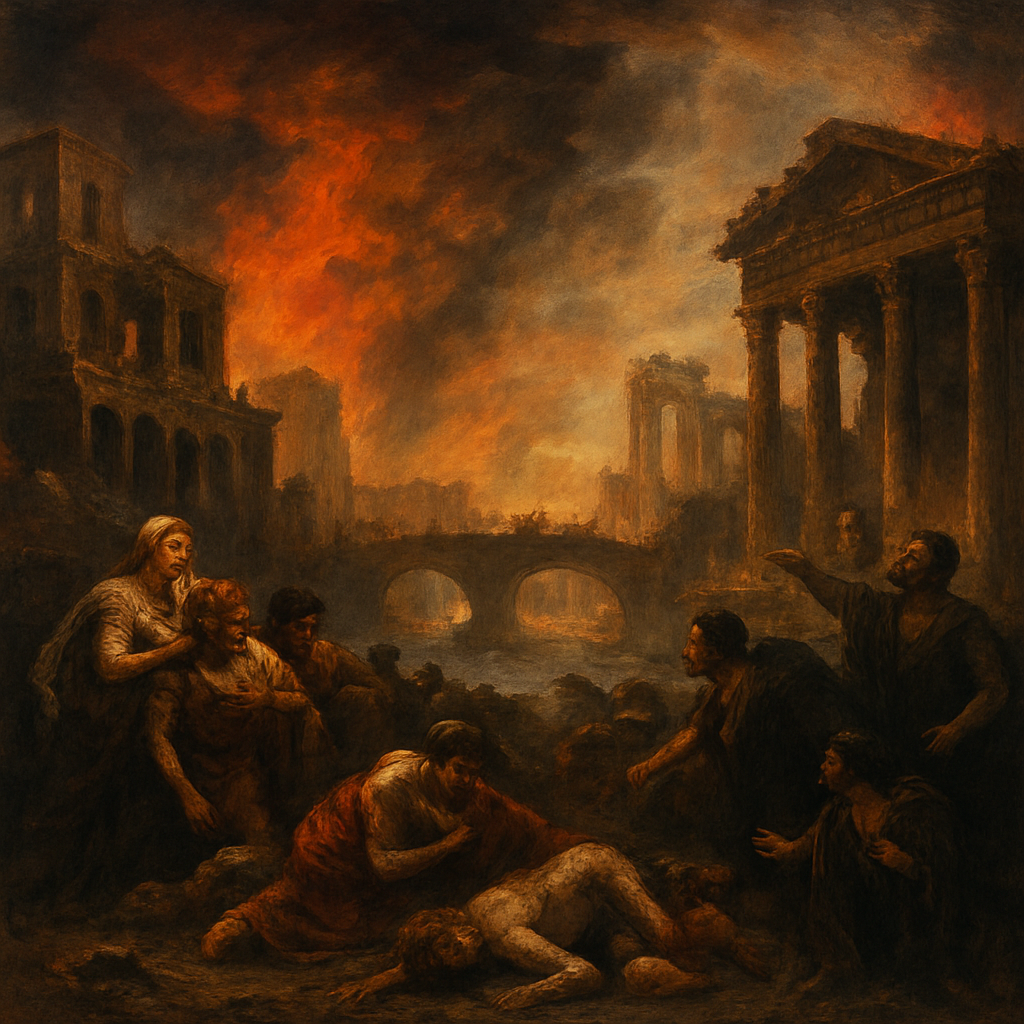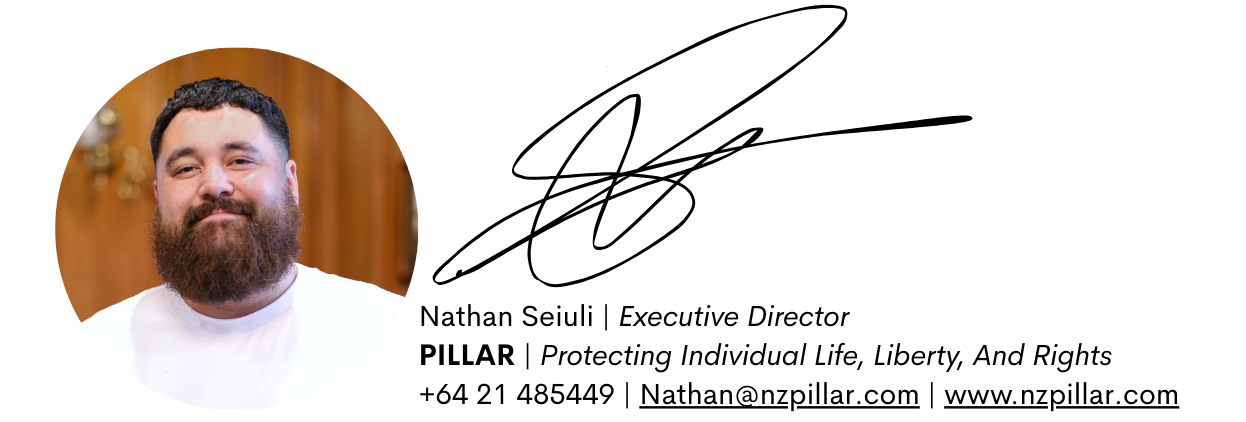Smashed Windows, Banned Words, Spy Tech, and Foreign Interference
When I got up at 4:30am on Monday to fly to Parliament for our online harms submission, I had no idea what the week would bring.
Privacy breaches, politically motivated vandalism, proposed bans on words in Parliament, and yet more signs of foreign interference—it’s been a week.
Thank you to everyone who signed our petition and sent encouragement. If you haven’t read or watched our submission yet, you can do that here.
At PILLAR, we’re committed to defending free speech and protest, protecting privacy, and pushing back against foreign influence—but we can’t do it without you. Will you help us make a difference?
Amid all the noise, I found myself asking a question I often return to: Have we lost sight of what made our civilization so prosperous, peaceful, and free?
Division grows when rights become one-way—rights for me, but not for thee—and when we treat opponents as unworthy of rights at all. Every person’s rights must be recognised and respected equally. When we forget that, we lose our ability to self-govern and thrive.
What happened at Hon. Winston Peters’ home was a complete breach of peaceful protest—and possibly incited. We can’t ignore this. What starts with a broken window can end in a broken family if we don’t confront politically motivated violence, as we’ve seen abroad.
But do we respond by banning our opponents’ words? No. Silencing speech only drives ideas underground and makes them more extreme.
ACT MP Simon Court’s motion to ban the word genocide in Parliament was born of frustration. Frustration that such a powerful word was being thrown around to justify tantrums and vandalism. But banning words doesn’t fix that. Instead of hiding the word, notice who uses it. If someone shows you who they are—believe them, and challenge their bad ideas with better words.
Free speech is the best error-correction tool we have. It exposes bad ideas, dangerous plans, and foolish people. Let them speak so we can answer them openly.
With political tension rising, some say it’s time to expand state control police surveillance—for safety, of course. At PILLAR, we say absolutely not.
A recent RNZ report revealed that police tech can now track number plates for up to 60 days. An internal review found the system too powerful and too loosely controlled. Over 8,500 staff with a police email could log in, pull data, and never record why.
Lawyers have raised concerns, but the Crown, Police, and Auror—the company behind the system—insist there’s nothing to see. They’ve also blocked the release of key details, including how many cameras are operating and how much taxpayers paid.
Auror denied facial recognition technology capability—then announced the very next day their new system, “Connected Dots,” used by major retailers for, you guessed it, facial recognition.
And to top it off, the NZSIS warned of foreign interference in local elections. Why local? Because councils control resources, ports, and communities—and they’re far easier to influence than national government. The warning - be careful who you vote for!
What a world we live in.
Consider the pattern:
A careless approach to rights leads to careless use.
Careless use of free speech leads to frenzied behaviour.
Frenzied behaviour justifies more surveillance and restriction.
Surveillance and restriction deepen division and distraction.
And that division opens the door to foreign actors shaping our future.
PILLAR was founded to defend against these sorts of attacks and issues. These aren’t isolated incidents—they’re symptoms of a culture in need of renewal.
We must return to the foundations that made us strong, and restore the pillars of democracy.






